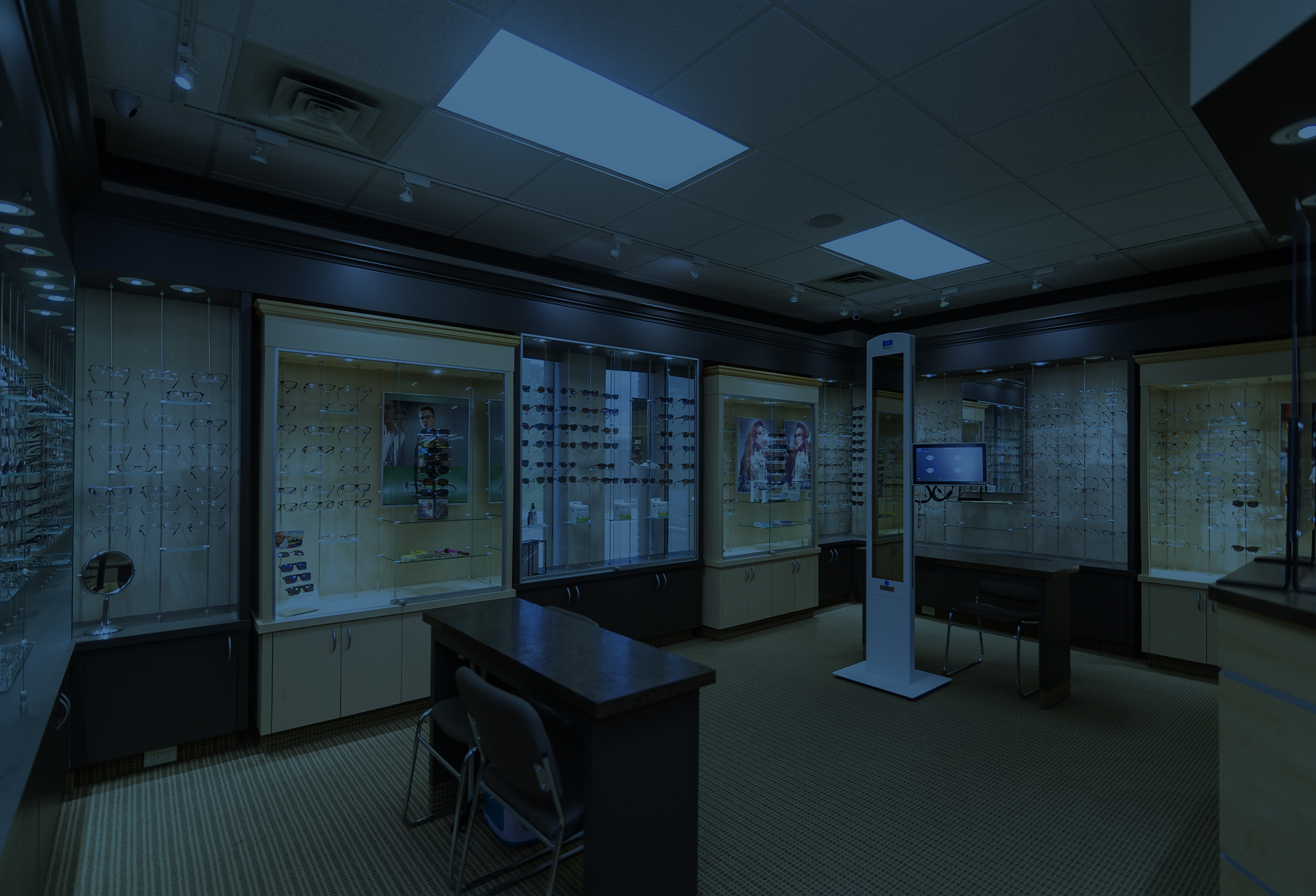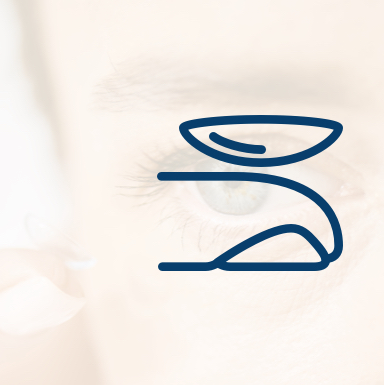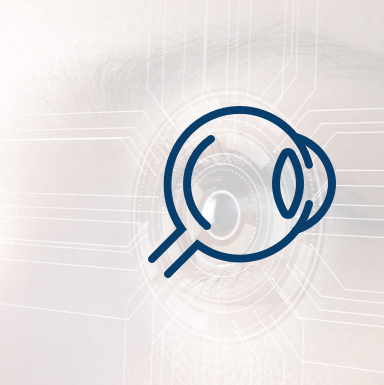Protect Your Eyes from Diabetes Complications
Diabetes affects how the body processes blood sugar, and high levels can lead to health issues. The eyes, nourished by a delicate network of blood vessels, are particularly vulnerable to diabetes complications.
Diabetes raises the risk for sight-threatening eye diseases, so regular eye exams with your optometrist are essential to monitor your eye health closely.
At Dr. David Oliphant Optometry, our eye exams are thorough, including optical coherence tomography (OCT) for all uninsured exams. OCT is a noninvasive test that provides detailed images, aiding in the detection and management of diabetic eye disease. If you are covered by OHIP, we charge for OCT scans.
Book your diabetic eye exam today.
When Should You Have a Diabetic Eye Exam?
Those with diabetes should have yearly diabetic eye exams, even if their vision is doing well or there are no visible changes. Your eye doctor may recommend more frequent eye exams if there are concerns about your eye health or vision.
If you experience any vision changes, you should see your eye doctor immediately.


How Does Diabetes Affect the Eyes?
Diabetes is a leading cause of vision loss and blindness in Canada.
High blood sugar levels related to diabetes can impact the retina, the light-sensitive lining at the back of the eye. The retina plays a significant role in sight, collecting light as visual information and transmitting it to the brain via the optic nerve.
Temporary high blood sugar levels can cause short-term blurred vision. Over an extended period, high blood sugar levels can damage the retina, resulting in diabetic retinopathy and other sight-threatening complications.
A Common Diabetic Eye Disease: Diabetic Retinopathy
Diabetic retinopathy is the most common eye disease affecting those with diabetes. It occurs when damage to the blood vessels that supply the retina causes them to bulge, break, and leak blood and fluid into the eye.
When these blood vessels are damaged, your eye will compensate by growing abnormal and weak vessels that break easily. Damaged and leaking blood vessels deprive the retina of oxygen, which can cause irreversible vision loss.
Diabetic retinopathy also increases the risk of the other 4 common eye complications: macular edema, glaucoma, and cataracts.
Symptoms of Diabetic Retinopathy
Diabetic retinopathy can develop without symptoms or pain. However, some people may notice changes in their vision, like trouble reading or seeing distant objects.
As the disease progresses, broken blood vessels can leak into the vitreous (clear fluid in the eye’s centre), causing floating spots that look like streaks or cobwebs.
These spots and shadows (called floaters) often clear up on their own. However, if you have diabetes, you should immediately let your optometrist know if you start seeing them. Floaters can be a symptom of eye damage.

Complications of Diabetic Retinopathy
Untreated diabetic retinopathy can lead to several complications that affect your eye health.
Leaking Blood Vessels
Leaking blood vessels can cause a condition called macular edema, in which fluid builds up in the macula, the part of the retina responsible for sharp, central vision, causing it to swell. This swelling can lead to blurred vision and even vision loss.
Abnormal Growth
Abnormal blood vessels can grow out of the retina and block fluid from draining from your eye, causing your internal eye pressure to increase. This can lead to a type of glaucoma called neovascular glaucoma, which can result in vision loss and blindness.
Scarring, Floaters, & Flashes
Abnormal blood vessel growth can also cause scarring on the back of the eye. This scarring can cause your retina to detach from the back of your eye, causing floaters and flashes and may result in vision loss.
Treatments for Diabetic Retinopathy
Early diabetic retinopathy will likely not need treatment. Instead, we’ll closely monitor your condition with dilated eye exams a few times yearly. We’ll use advanced diagnostics, including OCT images, to look for changes in your retina and assess your eye health.
Advanced stages of diabetic retinopathy may require:
- Anti-VEGF injections: These injections can slow down or reverse diabetic retinopathy.
- Laser treatments: These treatments reduce retinal swelling, shrink blood vessels, and stop them from leaking.
Eye surgery: If you have a lot of bleeding or scar tissue in your eyes, you may require a procedure called a vitrectomy. This surgery removes your vitreous and replaces it with another solution.

Long-Term Care for Your Eyes: Book Your Eye Exam Today
Living with diabetes means paying extra attention to your health, including your eyes’ well-being. Here at Dr. David Oliphant Optometry, we’re passionate about providing the kind of eye care that helps keep you seeing the world clearly for years to come.
Our team has the skill, experience, and technology to support your long-term vision needs.
Contact us today to schedule an appointment.

Come Visit Us
Our practice is located on the corner of Grand Avenue East and Woodland Avenue.
We have a large parking lot off Woodland Avenue with accessible parking and entrance.
Our Address
- 412 Grand Avenue East
- Chatham, Ontario N7L 1X1
Contact Information
- Phone: 519-354-5870
- Email: info@droliphant.ca
Hours of Operation

Our Brands














